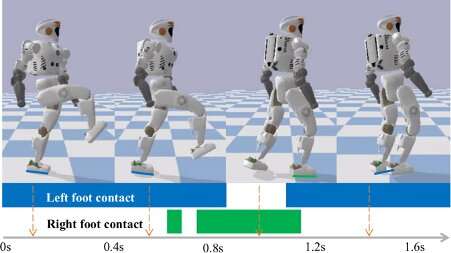Artificial intelligence networks have learnt a new trick: being able to create photo-realistic faces from just a few pixelated dots, adding in features such as eyelashes and wrinkles that can’t even be found in the original.
Before you freak out, it’s good to note this is not some kind of creepy reverse pixelation that can undo blurring, because the faces the AI comes up with are artificial – they don’t belong to real people. But it’s a cool technological step forward from what such networks have been able to do before.
The PULSE (Photo Upsampling via Latent Space Exploration) system can produce photos with up to 64 times greater resolution than the source images, which is 8 times more detailed than earlier methods.




